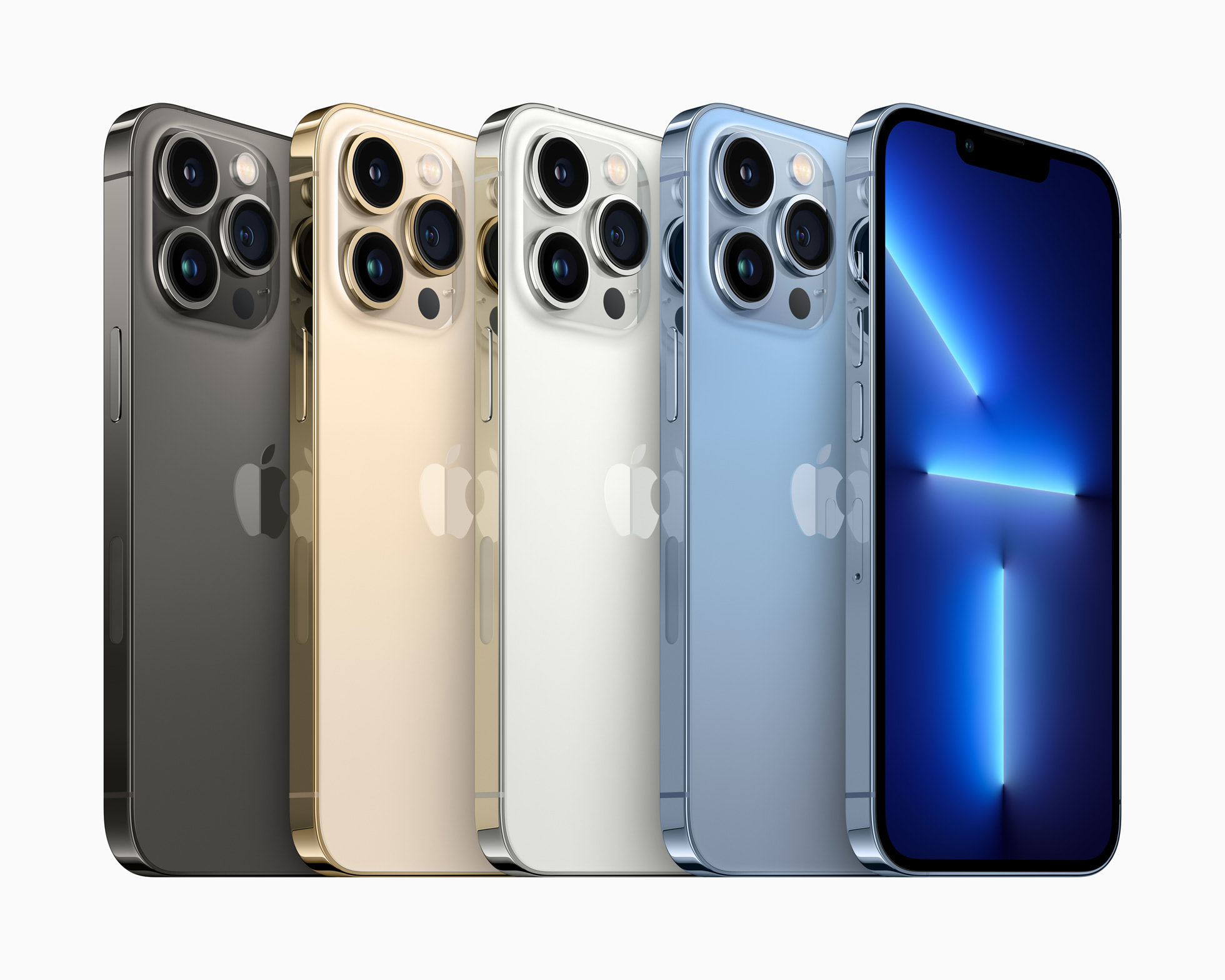
WASHINGTON, D.C.—The Justice Department and 16 other state and district attorneys general have filed a civil antitrust lawsuit against Apple for monopolization or attempted monopolization of smartphone markets.
Apple’s tightly controlled ecosystem of apps and services has long been controversial among app developers, streaming media providers and others. They have complained and in some cases filed lawsuits against the company’s policy of tightly controlling the apps and services on its enormously popular iPhones.
The complaint, filed in the U.S. District Court for the District of New Jersey, alleges that Apple illegally maintains a monopoly over smartphones by selectively imposing contractual restrictions on developers.
This, the complaint said, allows Apple to undermine apps, products, and services that would otherwise make users less reliant on the iPhone, promote interoperability, and lower costs for consumers and developers.
This closed ecosystem also gives Apple “monopoly power to extract more money from consumers, developers, content creators, artists, publishers, small businesses, and merchants, among others,” the DOJ said. “Through this monopolization lawsuit, the Justice Department and state Attorneys General are seeking relief to restore competition to these vital markets on behalf of the American public.”
Streaming services and other apps typically have to pay Apple a percentage of their revenue to be included in the app store.
“Consumers should not have to pay higher prices because companies violate the antitrust laws,” said DOJ attorney general Merrick B. Garland. “We allege that Apple has maintained monopoly power in the smartphone market, not simply by staying ahead of the competition on the merits, but by violating federal antitrust law. If left unchallenged, Apple will only continue to strengthen its smartphone monopoly. The Justice Department will vigorously enforce antitrust laws that protect consumers from higher prices and fewer choices. That is the Justice Department’s legal obligation and what the American people expect and deserve.”
“For years, Apple responded to competitive threats by imposing a series of `Whac-A-Mole' contractual rules and restrictions that have allowed Apple to extract higher prices from consumers, impose higher fees on developers and creators, and to throttle competitive alternatives from rival technologies,” said assistant attorney general Jonathan Kanter of the Justice Department’s Antitrust Division. “Today’s lawsuit seeks to hold Apple accountable and ensure it cannot deploy the same, unlawful playbook in other vital markets.”
More specifically, the complaint alleges that Apple’s anticompetitive behavior includes:
- Blocking Innovative Super Apps. Apple has disrupted the growth of apps with broad functionality that would make it easier for consumers to switch between competing smartphone platforms.
- Suppressing Mobile Cloud Streaming Services. Apple has blocked the development of cloud-streaming apps and services that would allow consumers to enjoy high-quality video games and other cloud-based applications without having to pay for expensive smartphone hardware.
- Excluding Cross-Platform Messaging Apps. Apple has made the quality of cross-platform messaging worse, less innovative, and less secure for users so that its customers have to keep buying iPhones.
- Diminishing the Functionality of Non-Apple Smartwatches. Apple has limited the functionality of third-party smartwatches so that users who purchase the Apple Watch face substantial out-of-pocket costs if they do not keep buying iPhones.
- Limiting Third Party Digital Wallets. Apple has prevented third-party apps from offering tap-to-pay functionality, inhibiting the creation of cross-platform third-party digital wallets.
The complaint also alleges that Apple’s conduct impacts web browsers, video communication, news subscriptions, entertainment, automotive services, advertising, location services, and more.
In a statement to CNBC, Apple hotly disputed the allegations: “This lawsuit threatens who we are and the principles that set Apple products apart in fiercely competitive markets. If successful, it would hinder our ability to create the kind of technology people expect from Apple—where hardware, software, and services intersect. It would also set a dangerous precedent, empowering government to take a heavy hand in designing people’s technology.”
The full complaint is available here.







